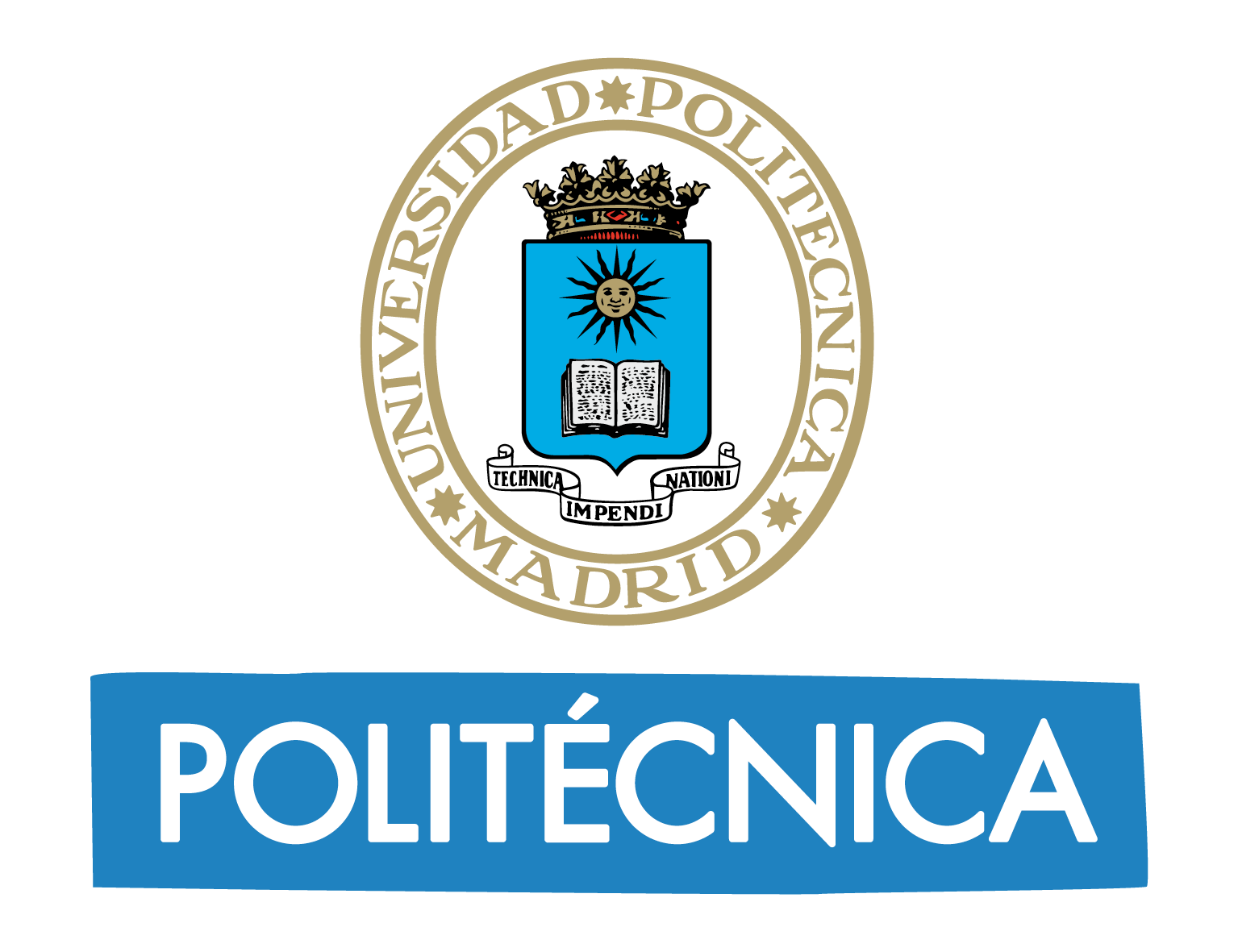Strategies and Technologies for Development: Cooperation in a Changing World
| Centre | E.T.S. DE INGENIERIA AGRONOMICA, ALIMENTARIA Y DE BIOSISTEMAS |
|---|---|
| Official Degree | Strategies and Technologies for Development: Cooperation in a Changing World |
| Web | https://www.etsiaab.upm.es/Docencia/Masteres/Especializacion/masteretd |
| Area | Management and Organization |
| Modality | On-campus education |
| Credits | 90 ECTS |
| Languages | Spanish |
| Orientation | Academia Professional |
| Places | 76 |
| Contact | Carlos Gregorio Hernández Díaz Ambrona +34 91 06 71397 carlosgregorio.hernandez@upm.es |
| Presentation | The degree forms experts to identify and implement approaches and solutions with mixed orientation, technical and social, to problems on development and international cooperation, based on the understanding of the complex causes underlying poverty and inequality and enabling them to face the difficulties hindering the development of disadvantaged populations, according to sustainable development goals. Graduates in this Masters will be able to intervene in an informed, rigorous and relevant manner in identifying, planning, management, implementation and evaluation of policies, programs, or human development projects whose impact is linked to the adequacy and relevance of the technical options employed. They will be able to establish specifications and technical innovation objectives appropriate to the conditions of assimilation and dissemination among the disadvantaged, based on the strengthening and extension of previous capacities present in those sectors. They will be able to collaborate with specialists from various areas in multidisciplinary contexts. First course (60 ECTS): Required subject (30 ECTS). Specializations (20 ECTS) the Master offers two specialisations to choose one:
Optional subject (10 ECTS): Those specialities are completed with four optional subjects. Second course (30 ECTS): The practicum (13 ECTS + 2 ECTS) and the master thesis final report (15 ETCS). |
| Interuniversity | Yes |
| Observations | Se ofertan un máximo de 38 plazas por cada Universidad. |


